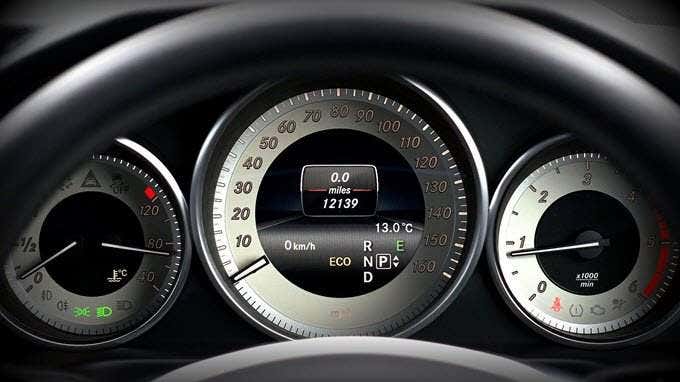Think about it like this: for every 100 miles you drive, you can deduct $58.50. And if you’ve ever filed taxes as a freelancer or self-employed person before, you know that those self-employment taxes are killer. The trick is remembering to log those miles. It can be tough to remember to write down your mileage at the start of each day, and then it’s even more of a hassle to subtract the ending and starting miles and add those numbers up at the end of the year. To help you do exactly that without all the fuss, we’ve put together a list of some of the best mileage-tracking apps on the market.
Stride Tax (Download)
Stride makes tracking mileage literally a one-touch process. Open the app and tap “Track my Miles.” Tap the button again when your trip ends. It automatically calculates the distance traveled, provides a map, and tells you how much you saved based on current tax law. You can include up to two different jobs, too—one specific one, and one “Other.” If you forget to start your mileage tracking, you can enter it manually later. You can also enter other expenses and even scan receipts to track all of your business-related spending. Stride lets you connect a bank account to the app so you can automatically record business expenses. The best part? Stride is totally free. The app is incredibly accurate with mileages, too, so you don’t have to worry about a margin of error. At the end of each week, Stride will send an email with a total of your earned deductions for that week. And at the end of the year, just follow the steps and let Stride produce an IRS-ready form for you. Stride can automatically import into various tax software, including H&R Block online.
MileIQ (Download)
MileIQ is produced by Microsoft, but that doesn’t mean you’re restricted to using it only on Microsoft platforms. MileIQ operates in the cloud, so you can access your account via smartphone, tablet, through the web, and from your computer. This lets you print reports, classify any of your drives, and customize every detail of every mile driven. The downside is that MileIQ isn’t free—it’s $5.99 per month or $59.99 per year. There is a free version, but it only records 40 drives per month. On the flip side, if you have a Microsoft Office 365 Business subscription, MileIQ is included free. Unlike Stride, you don’t have to start and stop recording your mileage with MileIQ. The app records every mile driven, and all you have to do is classify whether the drive was personal or for business. The app sends a weekly report of miles driven and gives push notifications that remind you to classify potential deductions.
Everlance (Download)
Everlance is designed with both companies and self-employed people in mind. Like MileIQ, it’s a paid app. You receive 30 free trips per month, after which you’ll need to sign up for Everlance Premium to record more trips—an $8 per month or $60 per year cost. The good news is that you can give it a 7-day free trial to find out whether the premium features (which include auto-tracking, advanced reports, and bank integration) are worth it. And, as the company points out, the cost pays for itself after one big trip. Everlance lets you add mileage manually, list non-mileage expenses, and even add in revenue that you might not receive a 1099 for. One interesting feature is that you can choose two locations and find out the value between those two points. If you link your bank to your Everlance account, you can monitor your transactions and classify them by swiping right for work and left for personal. At the end of the year, Everlance will compile an IRS compliant report that makes it easy to report your yearly mileage. Maybe you prefer pencil and paper for tracking miles. Sure, there’s nothing wrong with it—and we actually use an app and a notepad, then compare the two at the end of the day to check for accuracy. But an app makes the entire process easier and allows you to get more precise than just what your odometer tells you. The added benefits of expense tracking and automated reports are also a major plus. If you decide to go with one of the paid versions, remember that the yearly cost of using the app is also a tax deduction. When you’re self-employed, every deduction you can find counts. Use one of these apps to make sure you’re logging your miles properly—and that you can provide proof you did, in fact, drive those miles. You know, just in case the IRS needs verification.



